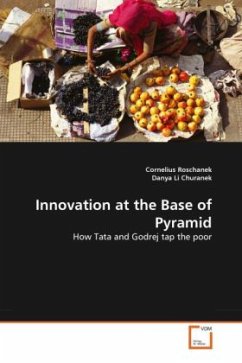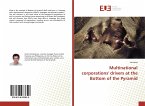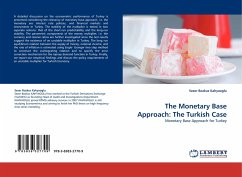Over the past decade, business visionaries have maintained that the low-income 'Base of Pyramid' ('BOP') is the world's largest and fastest growing segment. Multinational Corporations (MNCs) have increasingly turned to the BOP in an attempt to exploit tremendous business opportunities as middle and high-income markets become overly saturated. However, the BOP is not a low-hanging fruit. The needs of consumers at the base of the pyramid completely differ from those at the top, thus forcing companies to rethink their traditional ways of serving consumers. Rethinking means innovating products, technologies and business models. Some MNCs have achieved success by providing products that are innovative, inexpensive and easy to use. This work presents the Base of Pyramid' and innovation concepts relevant to our case study. The crux is centred on two pioneering products launched by Indian MNCs: Tata Swach', Tata's nano-tech water filter and Chotukool', Godrej's mini-fridge. This work attempts to answer the following: How and why do Tata and Godrej innovate for the BOP? What is their business model? What is their true motivation to tap the BOP?
Bitte wählen Sie Ihr Anliegen aus.
Rechnungen
Retourenschein anfordern
Bestellstatus
Storno








